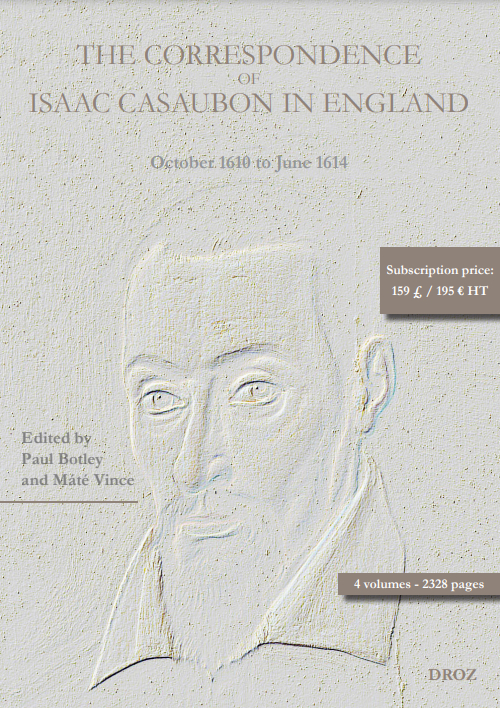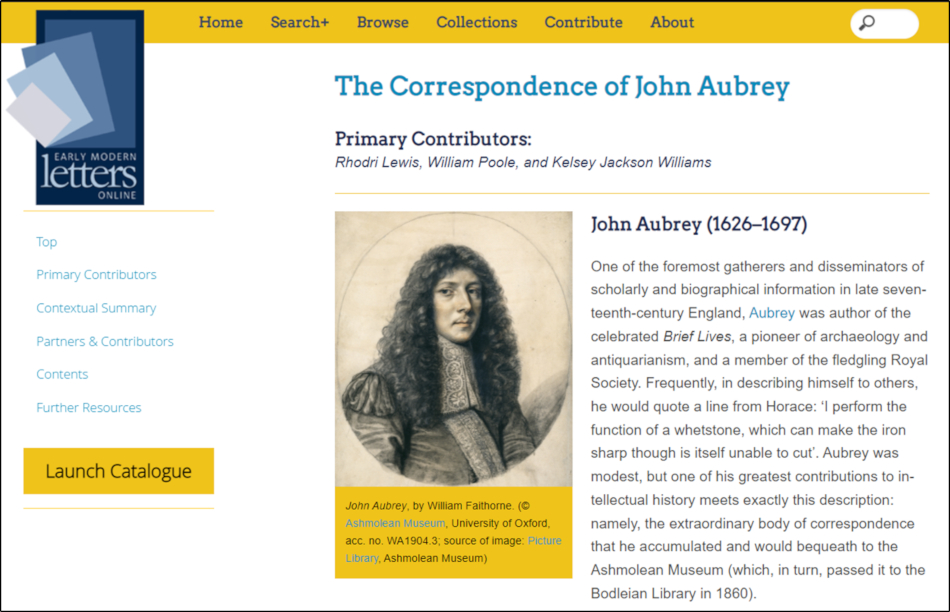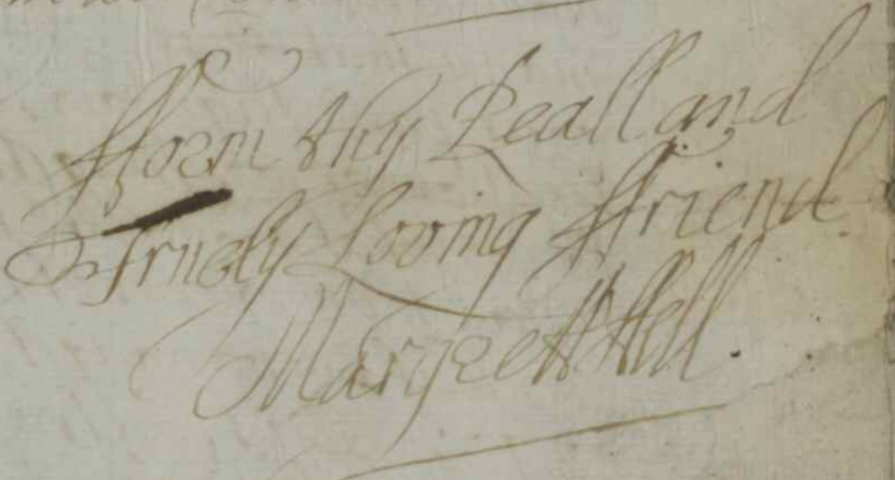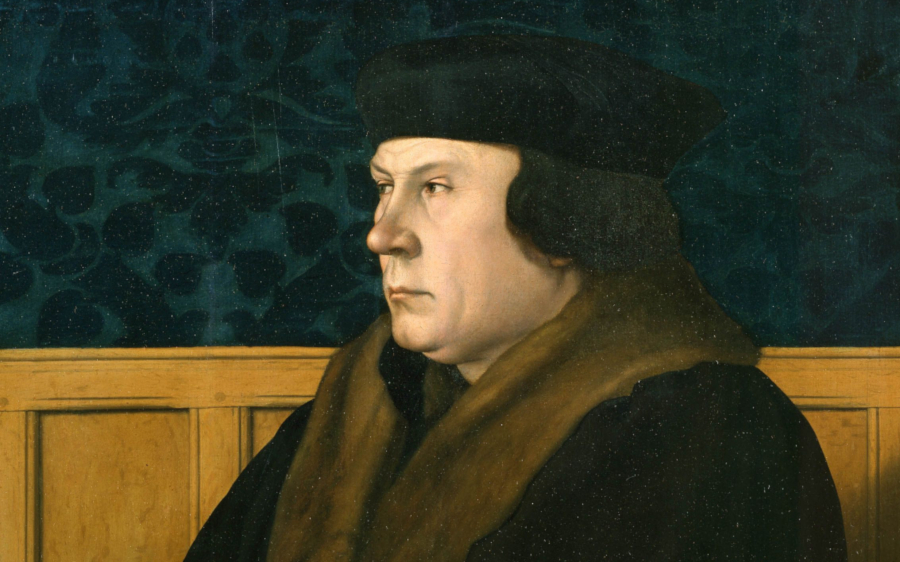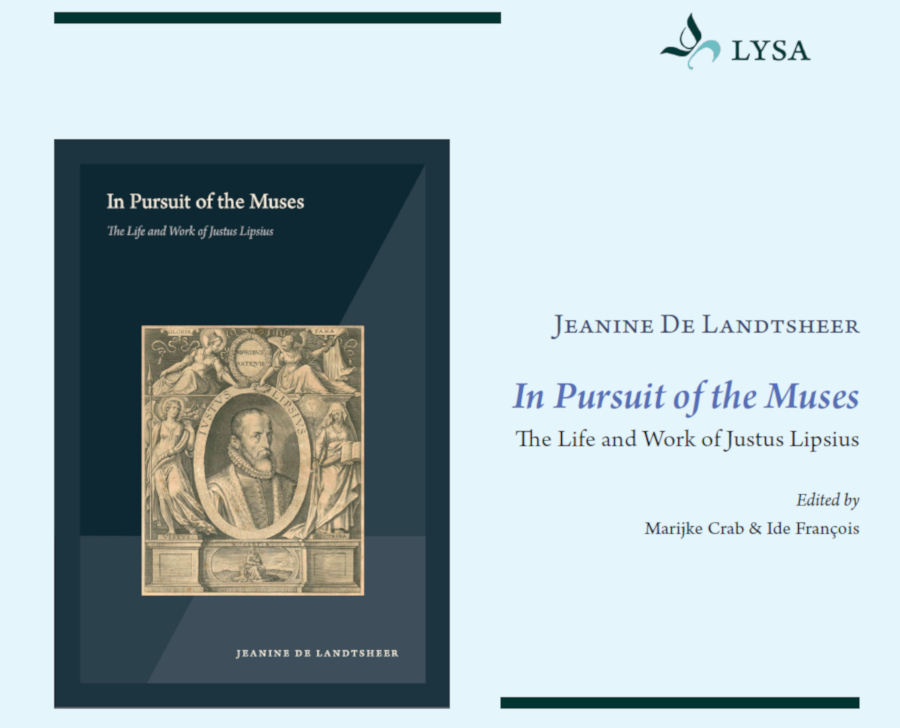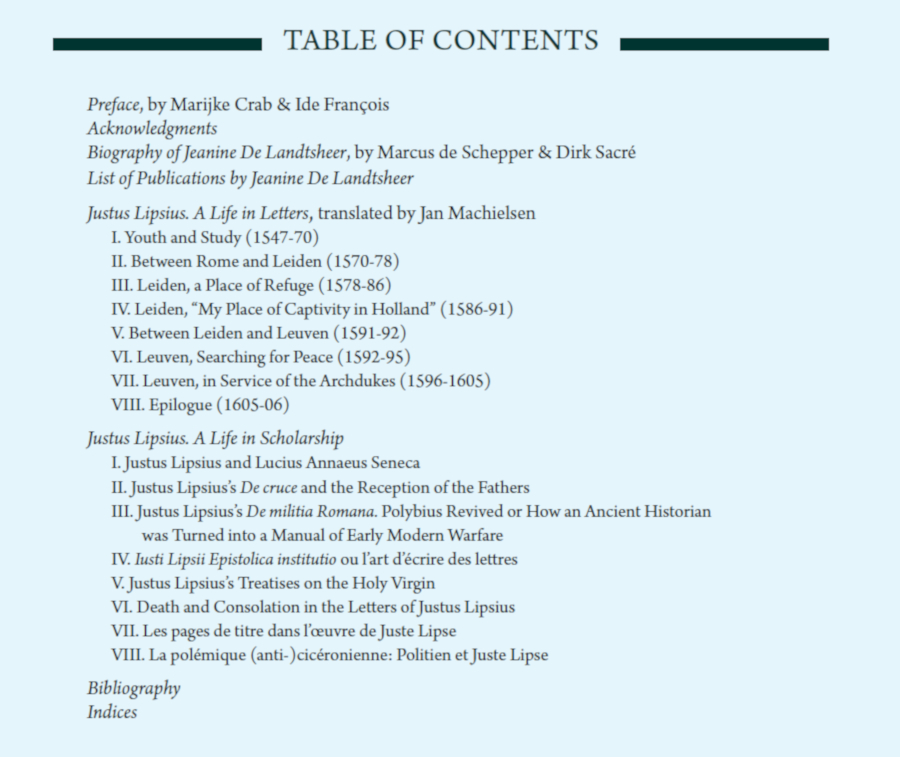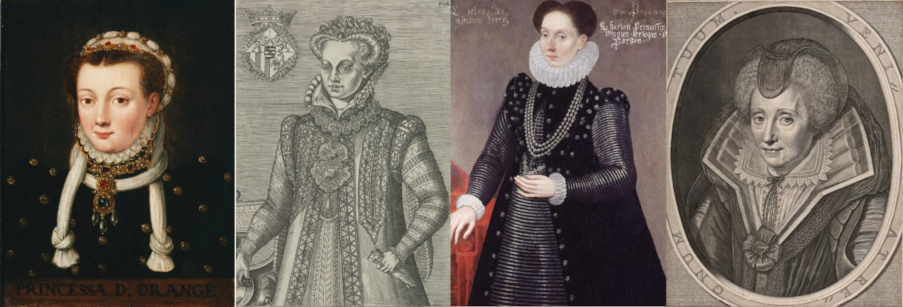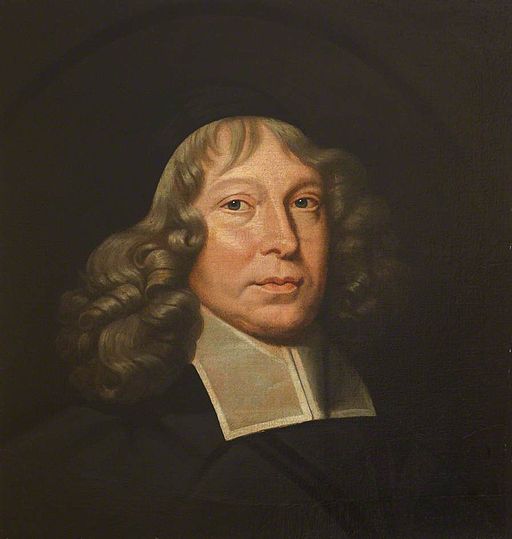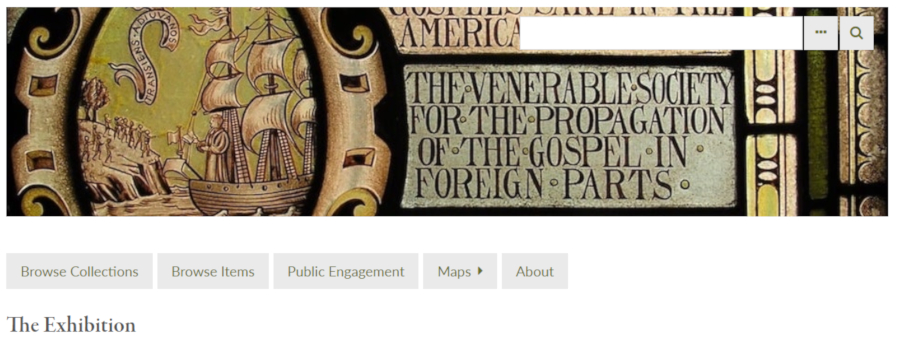by Hendrikje Carius und Daniel Gehrt
For the Gotha Research Library [Forschungsbibliothek Gotha], participating in data and resource networking is an important component of its collection-related research and digital humanities activities. This is especially true for the early modern collections, which are being catalogued as part of the Library’s focus on the history of the Reformation and Protestantism. To this end, another milestone was reached recently when the project funded by the German Research Foundation to catalogue the manuscripts from the literary estate of Ernst Salomon Cyprian (1673–1745) was completed. The data was entered into the union catalogue Kalliope, a German national reference tool for literary estates, autographs, and publishing archives, and then released as a printed catalogue. The 4,274 letters from Cyprian’s correspondence with 784 persons in the German Empire and in other parts of Europe have now also been made available in the research hub and union catalogue Early Modern Letters Online [EMLO] where—of more than 160 curated correspondences—Cyprian’s is one of the more extensive. The transfer of metadata was supported by Nodegoat, a web-based data management, network analysis, and visualization environment.
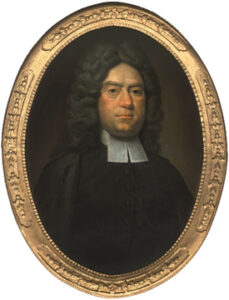
Figure 1. Portrait of Ernst Salomon Cyprian, by Christian Schilbach. (Source of image: Gotha Research Library, inventory no. 817)
Ernst Salomon Cyprian (Fig. 1) ranks among the foremost scholars on Reformation and contemporary church history in the first half of the eighteenth century. As a leading representative of late Lutheran Orthodoxy, he defended the legitimacy of state-controlled Lutheran churches and of the body of authoritative confessional writings composing the Book of Concord (1580). Unlike others, he rarely used theology to this end. Instead, he made ready use of argumentative strategies of Hugo Grotius (1583–1645) and other theorists of natural law in his historiographic works.
Born in 1673 as son of a pharmacist in the Franconian town of Ostheim, Cyprian attended school in the nearby cities of Salzungen and Schleusingen. He enrolled at the universities of Leipzig and Jena, focusing his studies initially on medicine and later on theology. His interest in church history prompted him in 1698 to follow his mentor Johann Andreas Schmidt (1652–1726) to Helmstedt where he received a position as extraordinary professor of history and logic. In particular, his adroit rebuttals of Gottfried Arnold’s (1666–1714) highly controversial Impartial History of the Church and Heretics (1699/1700) gained Cyprian a reputation as a historian. Subsequently, he was accepted into the Royal Prussian Academy of Sciences in Berlin in 1703 upon Gottfried Wilhelm Leibniz’s (1646–1716) recommendation.
In 1700, the Ernestine dukes Frederick II of Saxe-Gotha-Altenburg (1676–1732) and Henry of Saxe-Römhild (1650–1710) had granted Cyprian a position as professor of theology and director of the Casimirianum in the Franconian town of Coburg, a school whose curriculum equalled to a considerable degree that of a university. The princes had a particular interest in Cyprian’s historiographical work, financing, for example, his travels to the Netherlands in 1704 to gather information on diverse denominations for studies on contemporary church history. In 1713, Duke Frederick II made Cyprian his church councilor in the western Thuringian town of Gotha, where the renowned scholar remained until his death in 1745. As such, he was involved in inner-Protestant politics at the imperial and European level. Alongside his other duties at the Friedenstein Palace, Cyprian worked continuously on a comprehensive history of Christianity from 1500 to his own time. He served also as director of the court library. In this office, he vigorously expanded the collections, especially those pertaining to his own scholarly interests, and he promoted the fame of the library across Europe through various publications and his extensive correspondence (Fig. 2).
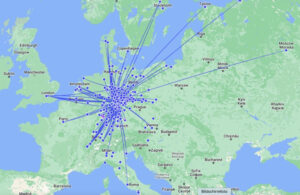
Figure 2. Visualization of Cyprian’s correspondence using Nodegoat. (Source of image: Map data ©2022 Google)
Digital images of more than 3,950 letters in a twenty-six-volume collection of Cyprian’s correspondence in the Gotha Research Library (Chart. A 422–447) will be uploaded gradually in the Digital Historical Library of Erfurt/Gotha (DHB). The volumes Chart. A 422–440 are already available.
The Gotha Research Library plans to publish other correspondences in EMLO, including that of the jurist, state theorist, and historian Veit Ludwig von Seckendorff (1626–1692). This will enable further contextualization and linkage to other networks and will provide new insights and fresh impetus for research in the international and trans-confessional history of the European Republic of Letters.
Secondary Literature:
Hendrikje Carius, ‘Europäische Gelehrtennetzwerke digital rekonstruieren: Vernetzung von Briefmetadaten mit Early Modern Letters Online (EMLO)‘, in Bibliotheksdienst, 55, 1 (2021), pp. 29–41.
Daniel Gehrt, ‘Arguing for the Moral Necessity of Reformation History: Ernst Salomon Cyprian’s Historiographic Use of Natural Law in Defense of the Lutheran Church’, in Daniel Gehrt, Markus Matthias, and Sascha Salatowsky, eds, Reforming Church History: The Impact of the Reformation on Early Modern European Historiography (Stuttgart, 2023), pp. 243–70.
Howard Hotson and Thomas Wallnig, eds, Reassembling the Republic of Letters in the Digital Age: Standards, Systems, Scholarship (Göttingen, 2019).
Katalog der Handschriften aus dem Nachlass Ernst Salomon Cyprians (1673–1745): Aus den Sammlungen der Herzog von Sachsen-Coburg und Gotha’schen Stiftung für Kunst und Wissenschaft sowie aus den Beständen des Landesarchivs Thüringen – Staatsarchiv Gotha und der Evangelisch-Lutherischen Kirchengemeinde Gotha, Augustinerkloster, cataloged by Daniel Gehrt (Wiesbaden, 2021).

